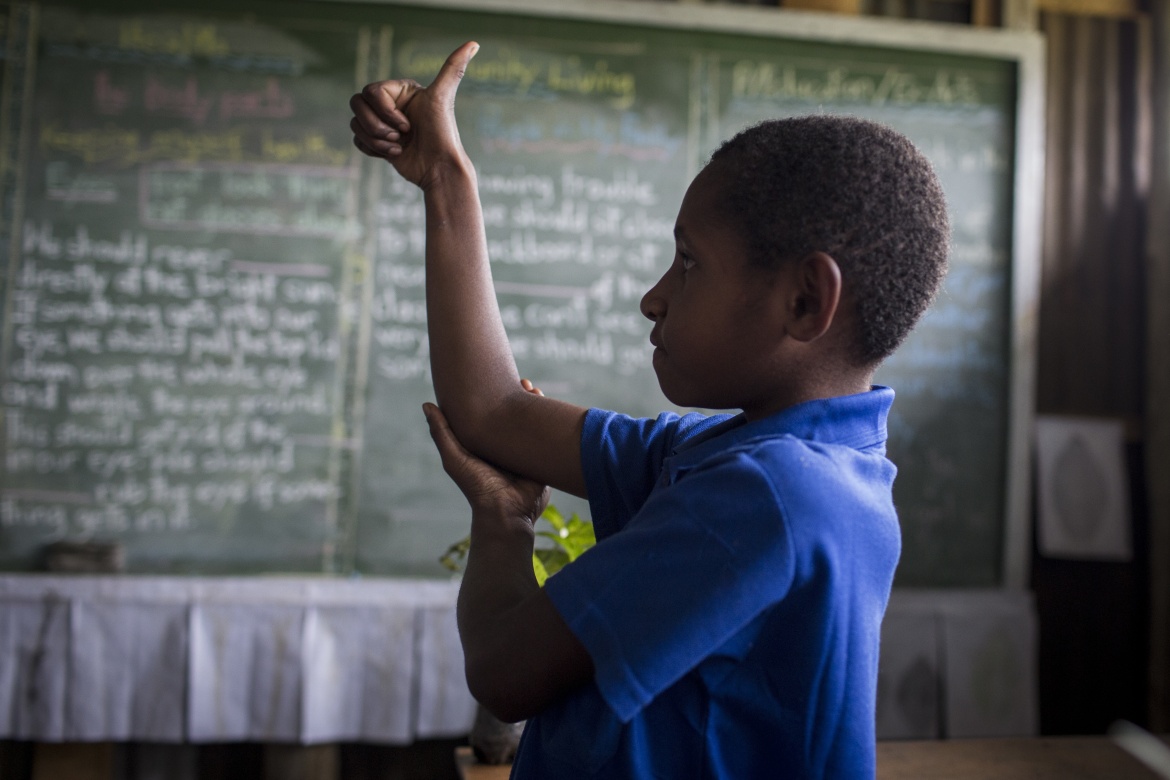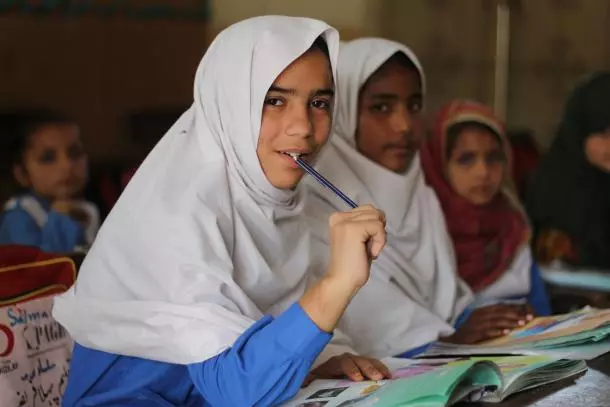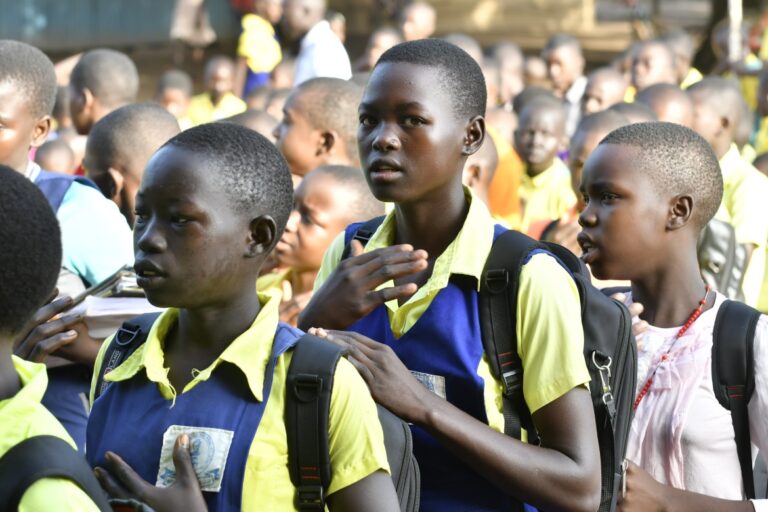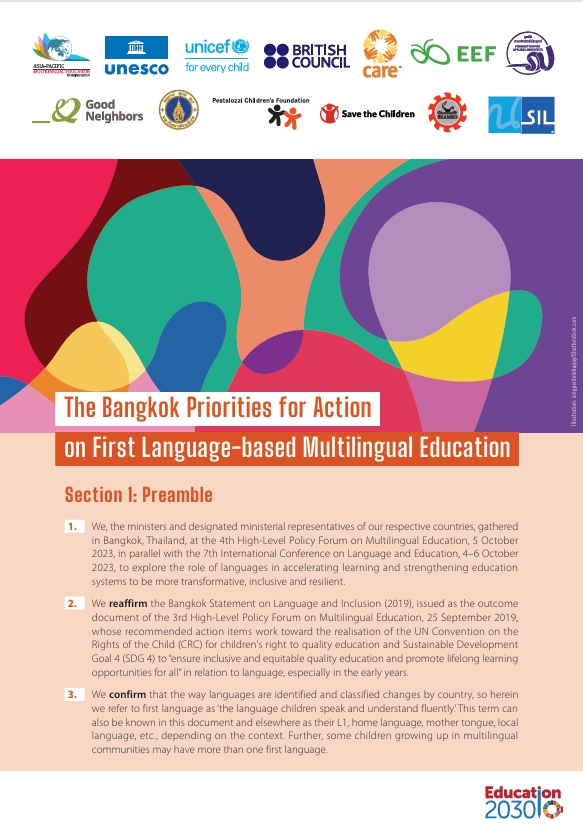The immense loss of biodiversity in recent years has sounded the alarm for innovative, sustainable solutions to climate change. Increasingly, we recognize that local wisdom lying outside more formal knowledge and education systems can help address this crisis, both regionally and globally.
These wisdoms have arisen over time in the context of every society’s rich human and natural ecosystems, and they are preserved in, and can be recovered from, indigenous languages.
Loss of language skills related to declining biodiversity knowledge
Understanding and sharing different indigenous knowledges may well provide sustainable approaches to the world’s most pressing environmental issues. However, we must first succeed in preserving indigenous languages, as such languages and certain kinds of cultural knowledge and practice – such as those related to biodiversity – may soon be lost.
Take, for example, Papua New Guinea, the world’s most linguistically and floristically diverse country, home to some 840 languages and approximately 5% of the world’s biodiversity.
The country has seen a recent decline in both ethnobiological knowledge and indigenous language skills among students due to factors such as declining indigenous language use at home, as well as a drop-off in recent years in students’ practicing traditional skills, such as fishing and the use of medicinal plants.
Read the full article on the Global Partnership for Education website.






